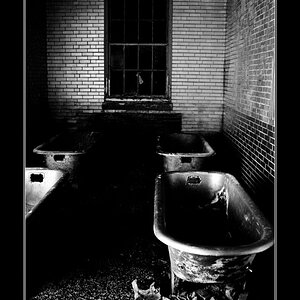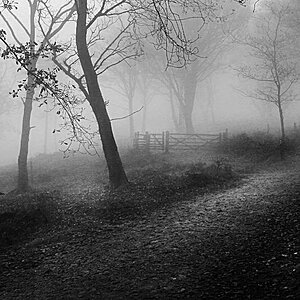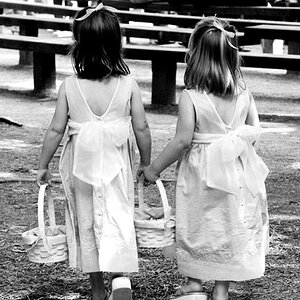NateS
TPF Noob!
- Joined
- Sep 27, 2007
- Messages
- 2,750
- Reaction score
- 39
- Location
- Missouri
- Can others edit my Photos
- Photos NOT OK to edit
See this is a topic that confuses me a bit and the whole "you don't need color filters for digital black and white...just do it in post" is an argument I have a hard time siding with.
I haven't done it yet, but might just place and order and do some tests, but here's my reasoning.
I shoot a black and white landscape (with camera actually only capturing black and white). I shoot the scene and....of course, my camera exposes the scene which gets the foreground pretty accurate and ends up with the sky pretty blown. If I try to recover in post....I will be able to recover some since I shoot RAW, but there will still be a lot of data lost due to blown highlights in the sky due to exposing the foreground.
Now, I throw on a .....let's say and orange filter. The camera exposes the foreground correctly and the orange filter is going to automatically darken the sky and let me have it exposed more correctly. I have less or no data lost from blown highlights in the sky and have much more detail throughout the image to work with in post...add a little selective contrast in post perhaps...maybe a tad of sharpening and I'm done with the image...and I have much more detail in the normally blown out areas.
So I fail to understand how using a color filter when shooting pure B&W on digital wouldn't be beneficial just as it is on film.
I'm planning to pick up a F100 and will be using color filters anyway, so I may go ahead and pick up a couple filters and test this theory out with my D90.
I haven't done it yet, but might just place and order and do some tests, but here's my reasoning.
I shoot a black and white landscape (with camera actually only capturing black and white). I shoot the scene and....of course, my camera exposes the scene which gets the foreground pretty accurate and ends up with the sky pretty blown. If I try to recover in post....I will be able to recover some since I shoot RAW, but there will still be a lot of data lost due to blown highlights in the sky due to exposing the foreground.
Now, I throw on a .....let's say and orange filter. The camera exposes the foreground correctly and the orange filter is going to automatically darken the sky and let me have it exposed more correctly. I have less or no data lost from blown highlights in the sky and have much more detail throughout the image to work with in post...add a little selective contrast in post perhaps...maybe a tad of sharpening and I'm done with the image...and I have much more detail in the normally blown out areas.
So I fail to understand how using a color filter when shooting pure B&W on digital wouldn't be beneficial just as it is on film.
I'm planning to pick up a F100 and will be using color filters anyway, so I may go ahead and pick up a couple filters and test this theory out with my D90.


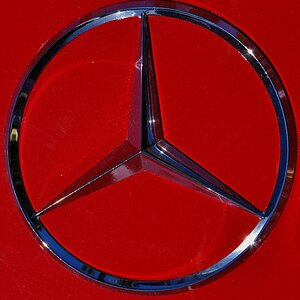
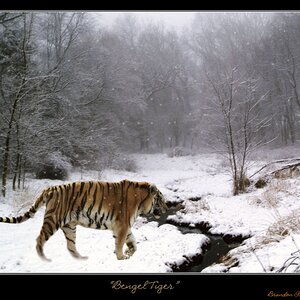
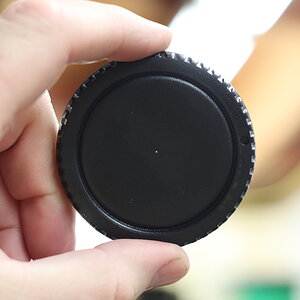

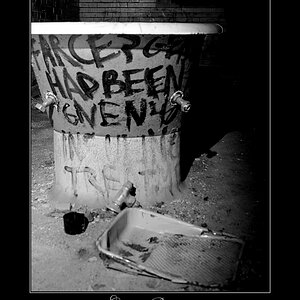
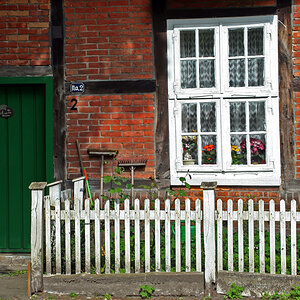

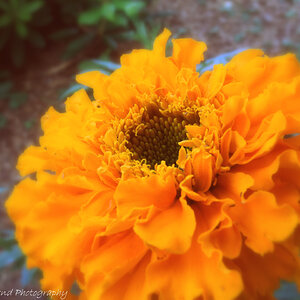
![[No title]](/data/xfmg/thumbnail/37/37489-27b092c23ed6ad63eee4cd03f96a311a.jpg?1619738111)
